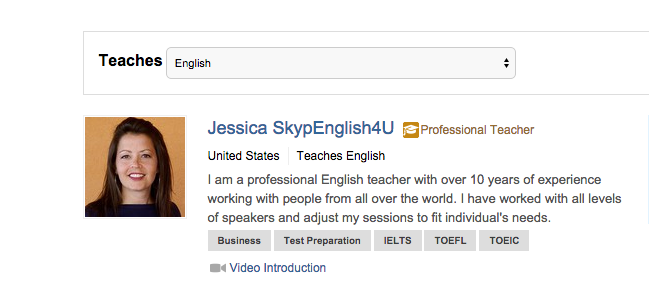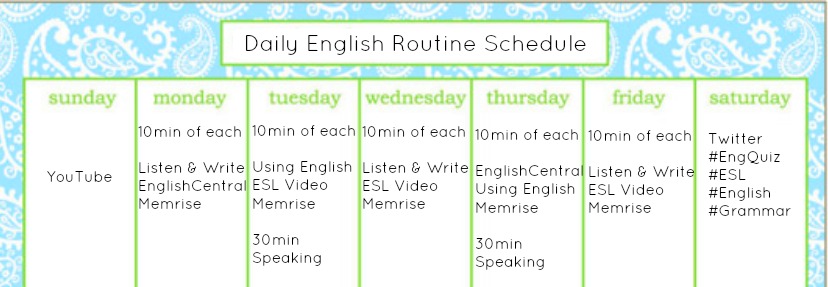Online vs. Classroom Education
The future is here! You can be sitting in your living room in Japan and have a private English lesson with a teacher in New York.
If you’ve been a part of recent educational traditions in any capacity, you likely know how the process usually goes. There’s one teacher, somewhere between 15-30 students, classes seem to drag on with only a break or two (if that!). Education systems have run this way for centuries, and few will say that this is an unsuccessful model. Nevertheless, nobody can deny the impact that technology has had on all walks of life—especially education! While students in a classroom with only one teacher have to compete for her time, attention, and useful feedback, the internet offers students the opportunity to have a one-on-one relationship with teachers and get the attention they deserve.
How is online education relevant to older generations?
This inquiry is a very good one because it isn’t always easy to incorporate values and traditions from the past in order to demonstrate that older folks can still benefit from it. Many older folks are put off because they think the costs are higher. However, this sort of individualized education is worth every penny. Students are paying for their educations rather than giving their locals schools money to be bored or listen to classmates talk and/or be disruptive.
Will I miss the face to face interaction of a classroom?
It is a lot to get used to, admittedly. However, lessons occurring on video chat transpire immediately and easily mimic what many have experienced in the classroom. When speaking only to the teacher, students will not be able to easily get off track. Both the teacher and the student will be able to focus on the material at hand and clarify any information that might be difficult to grasp immediately.
We are living in a mobile world
Working in an online setting gives students the opportunity to have constant access to their work from various locations. Gone are the days of textbooks and your dog eating your homework. In today’s world, you can’t possibly leave assignments behind because they’ll all be online 24/7. Students, who often have to take on multiple responsibilities throughout their busy lives, find online course to be a breath of fresh air. They are not bound by space or time limitations and are happier people for it!
Online vs. Physical Classrooms
The debate regarding online vs. physical classrooms will probably still be going on for quite some time. However, many educational programs are adding on online components to meet the needs of their student population. More and more people are finding online classes to be agreeable and less time consuming. Students want the easy access that they experience in various other avenues of their life. Student appreciate being able to stay up-to-date with their classes and receiving text, emails, and video chats when their work is not up to par.
There is a place for all people in the realm of online education. If you are skeptical about online education, contact SkypEnglish4U and we’ll answer any questions you may have.










